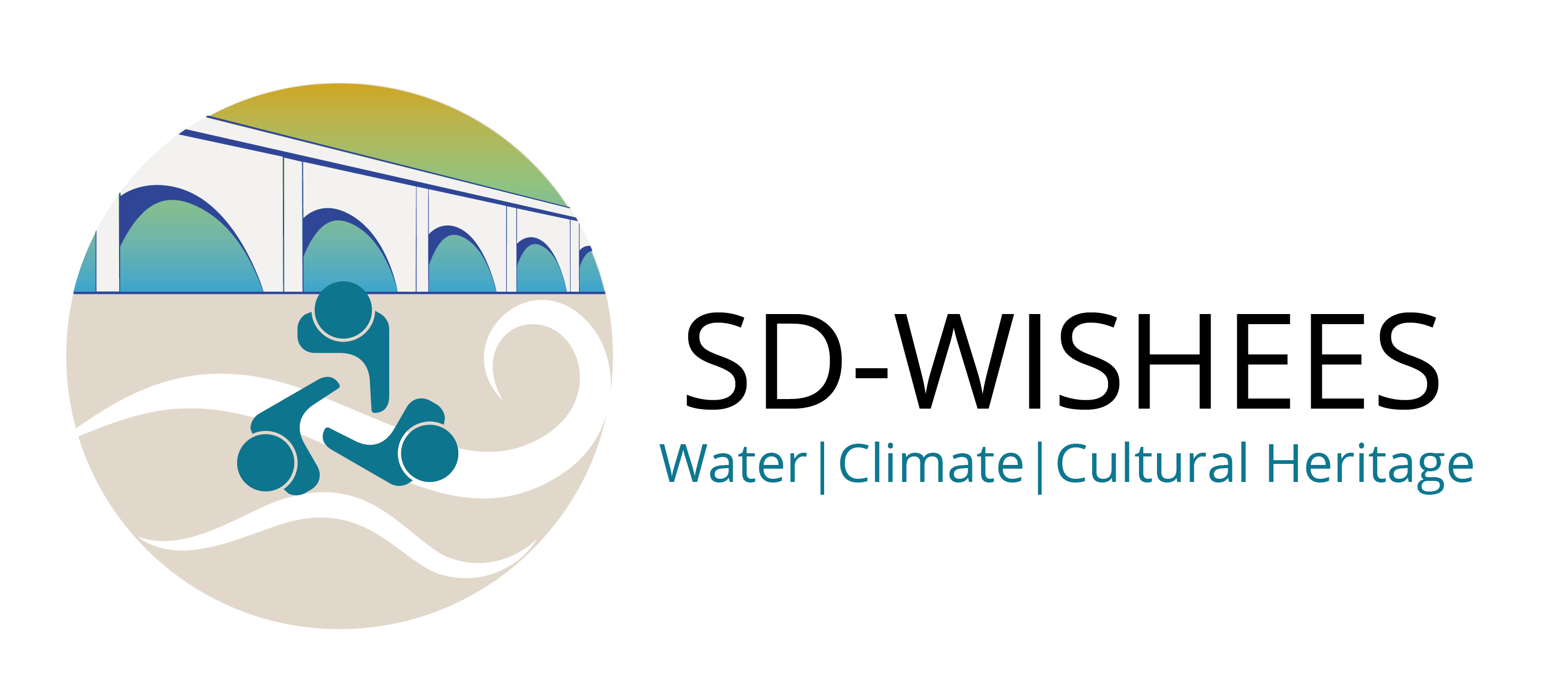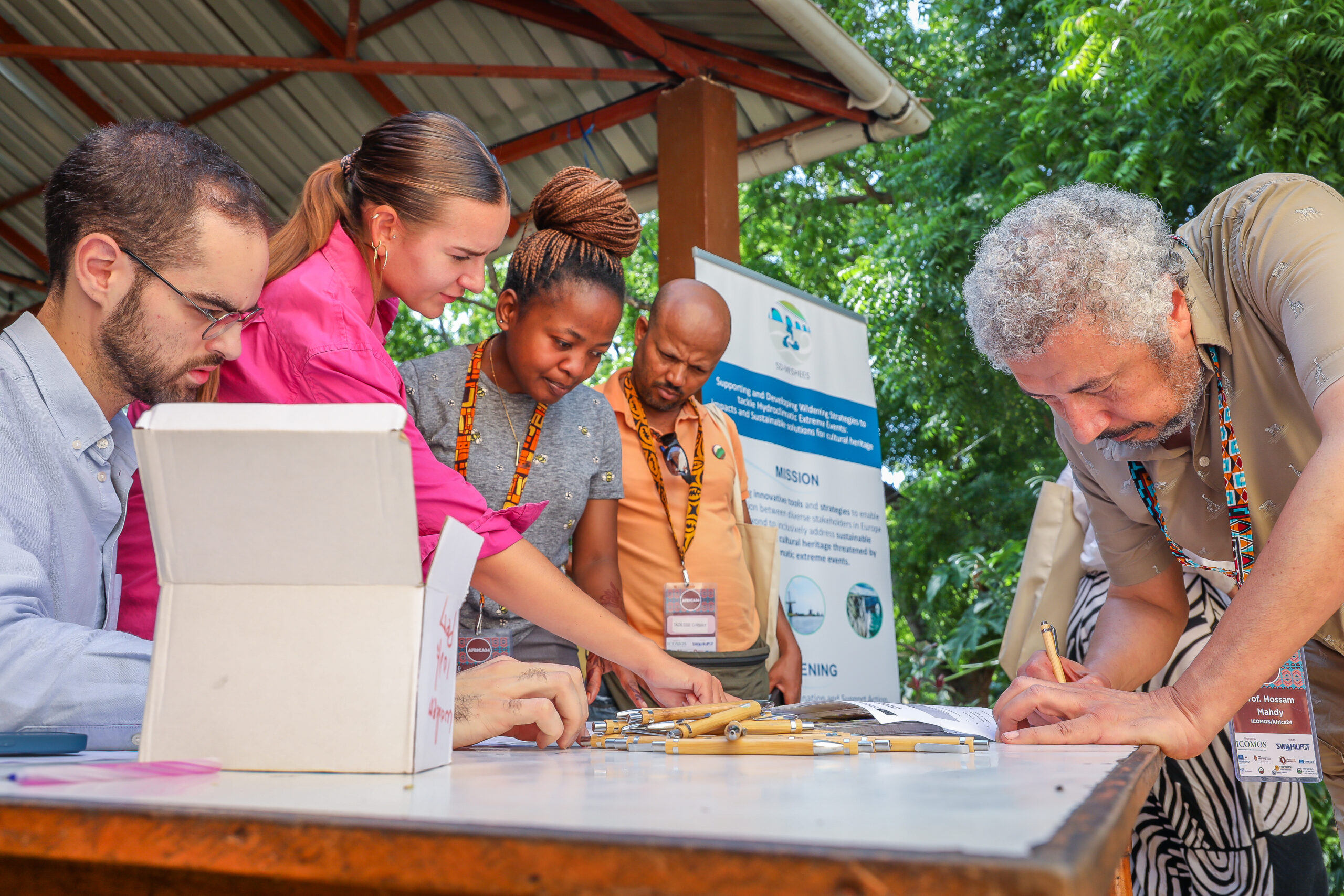
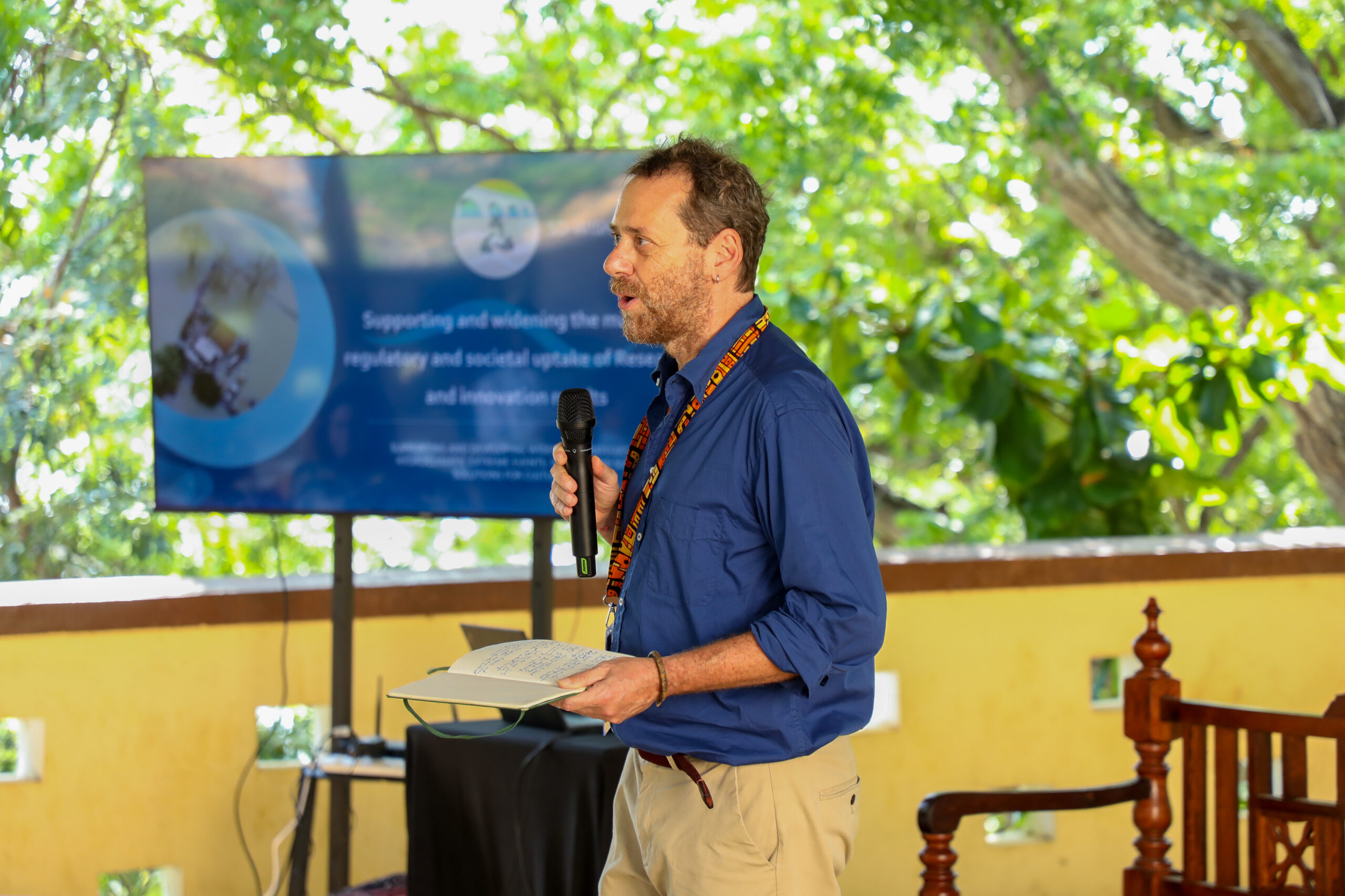
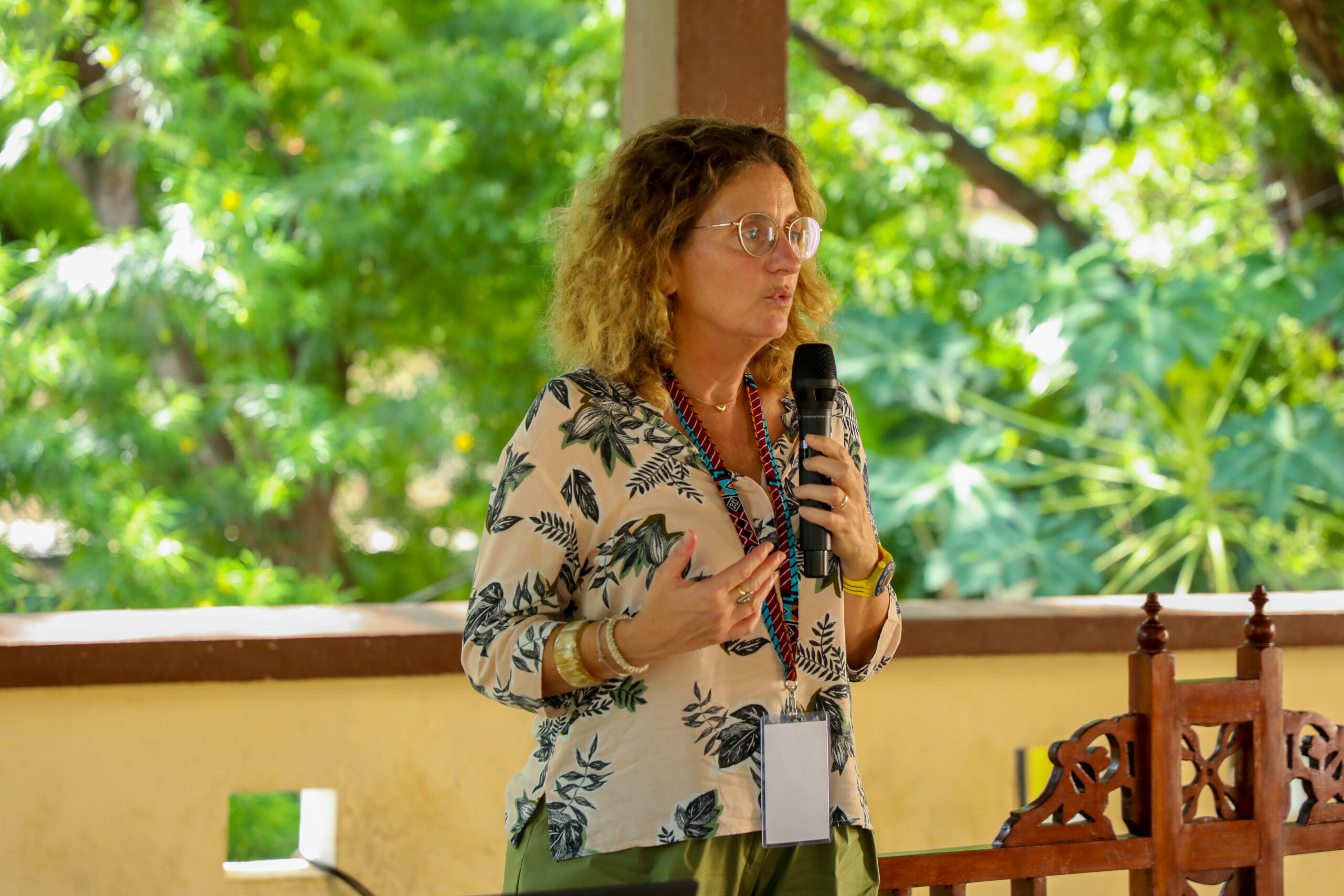
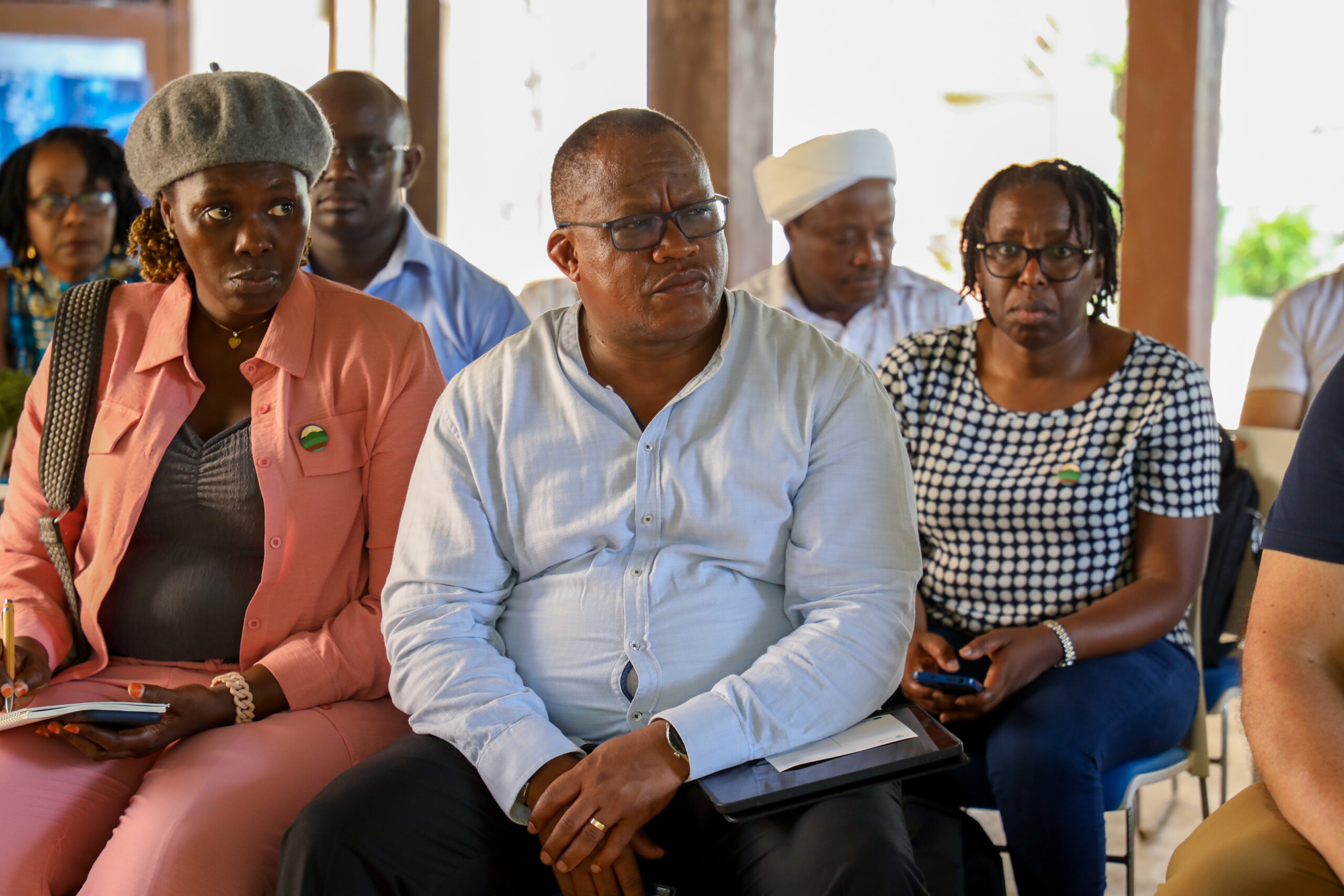
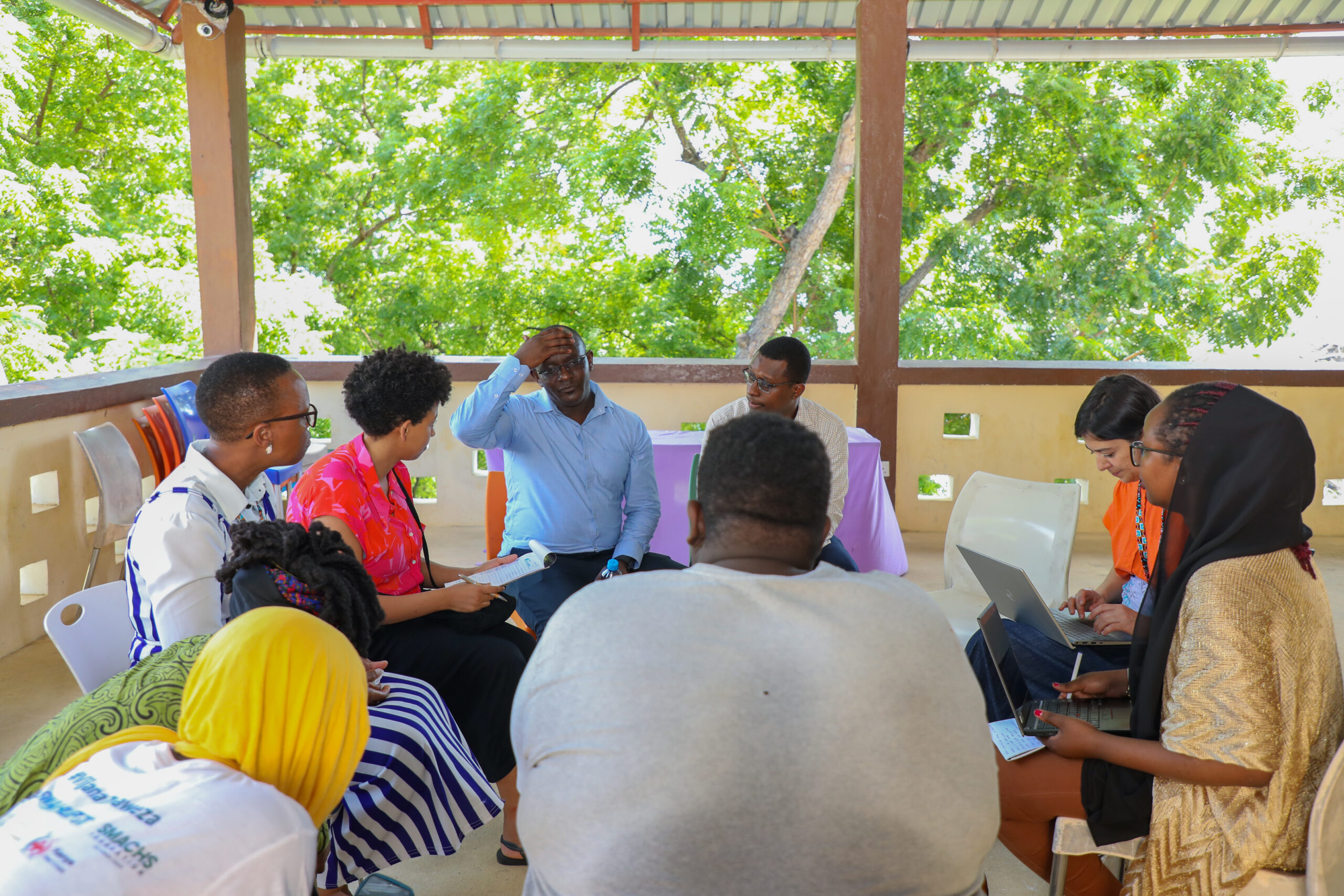
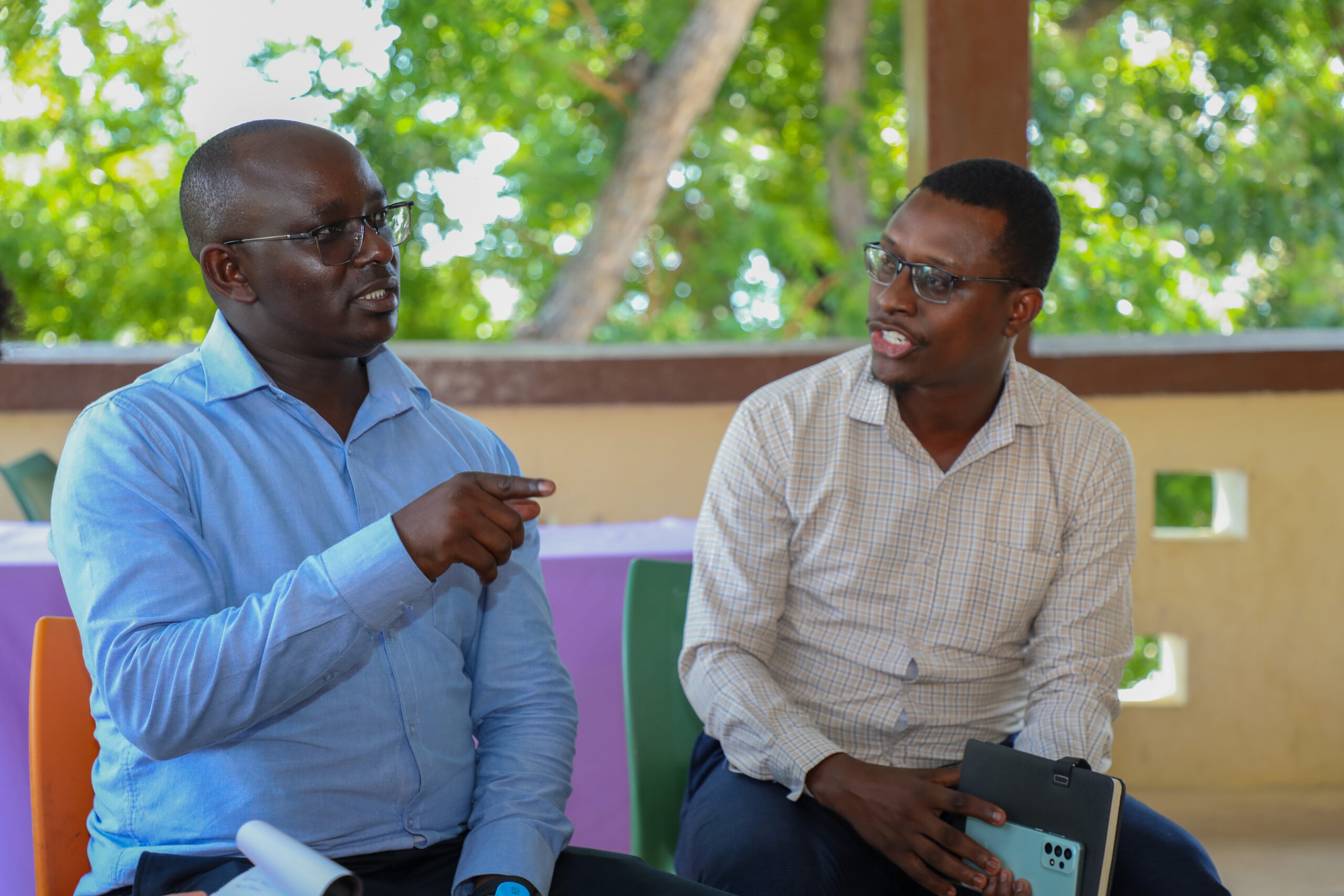
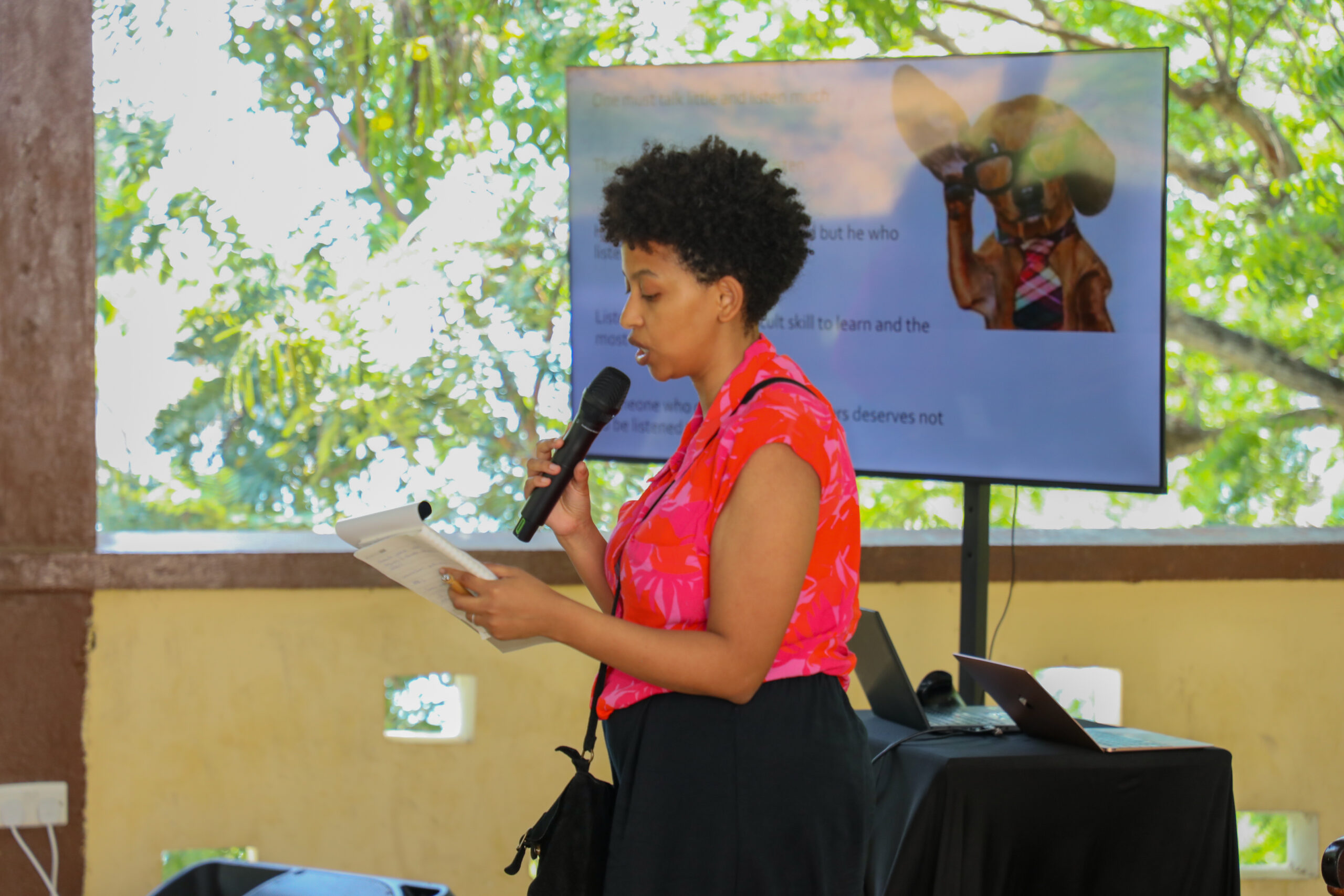
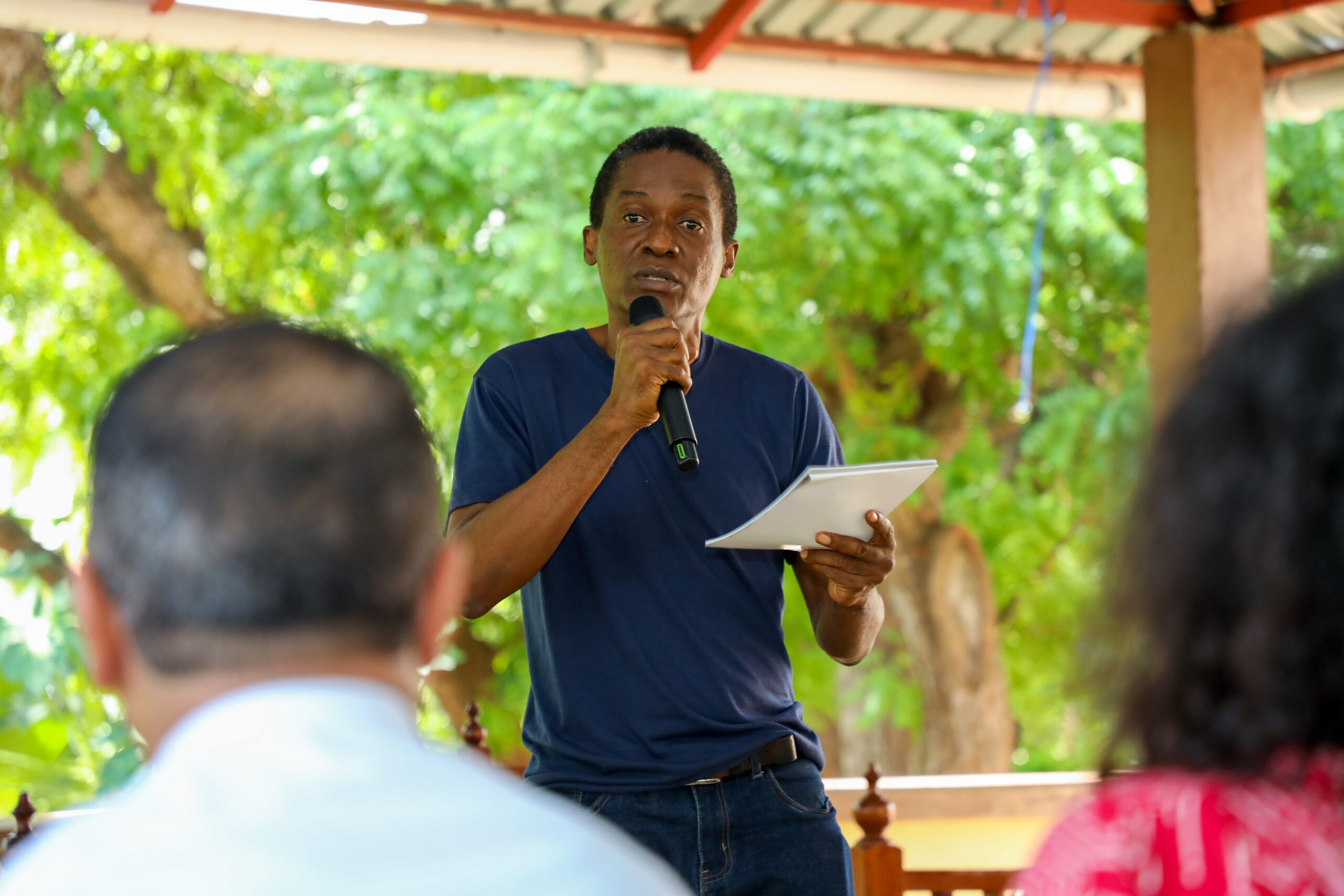
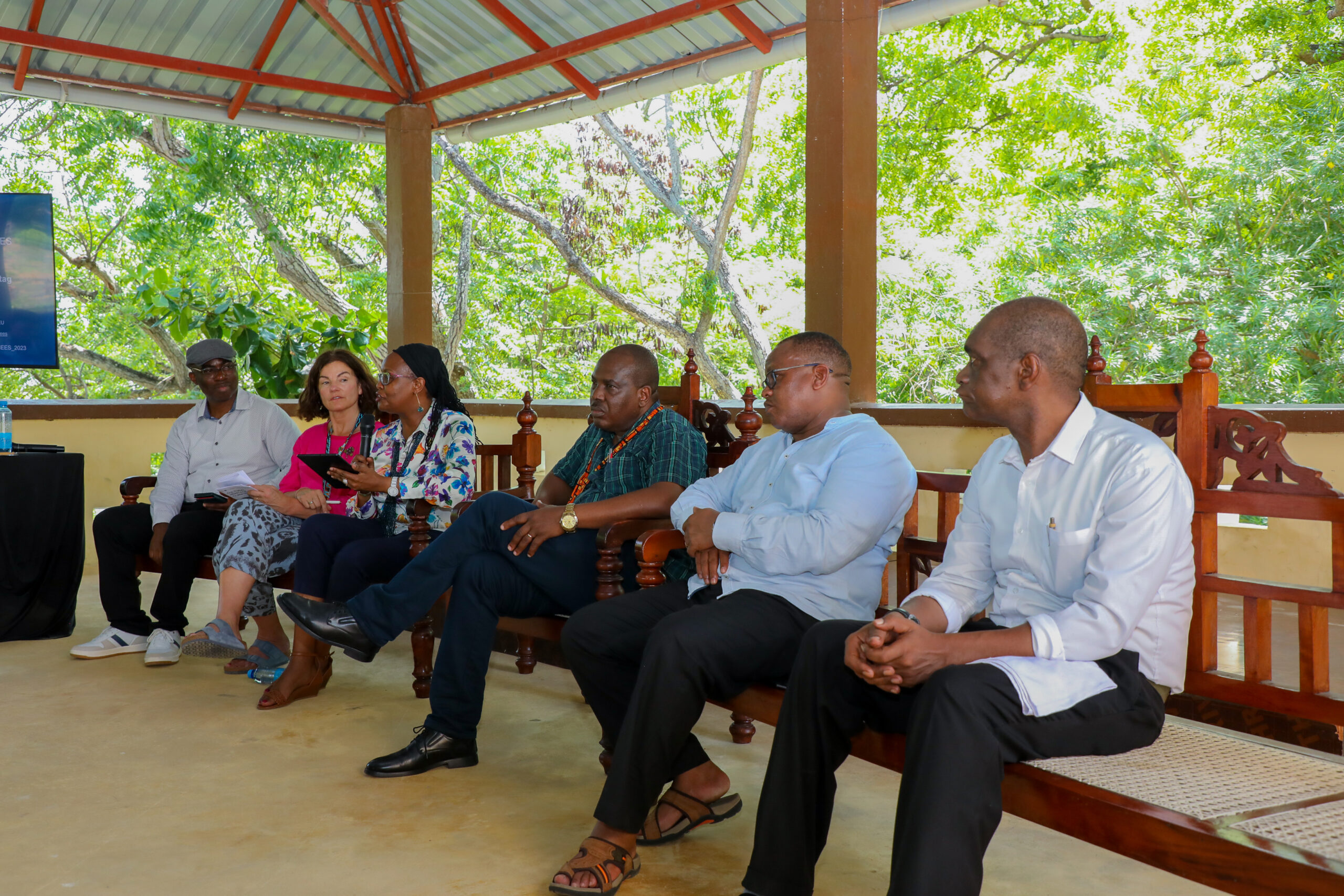
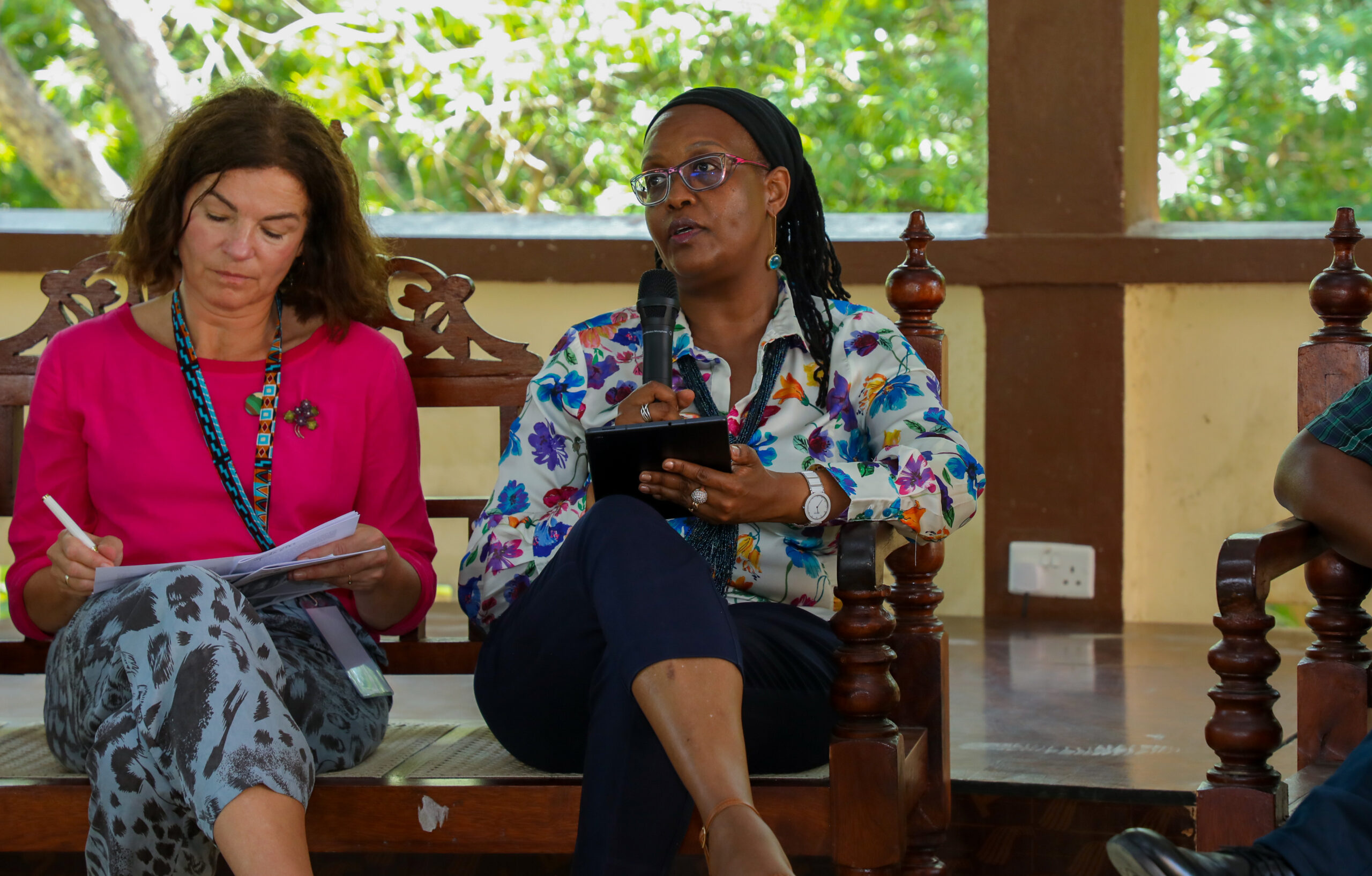
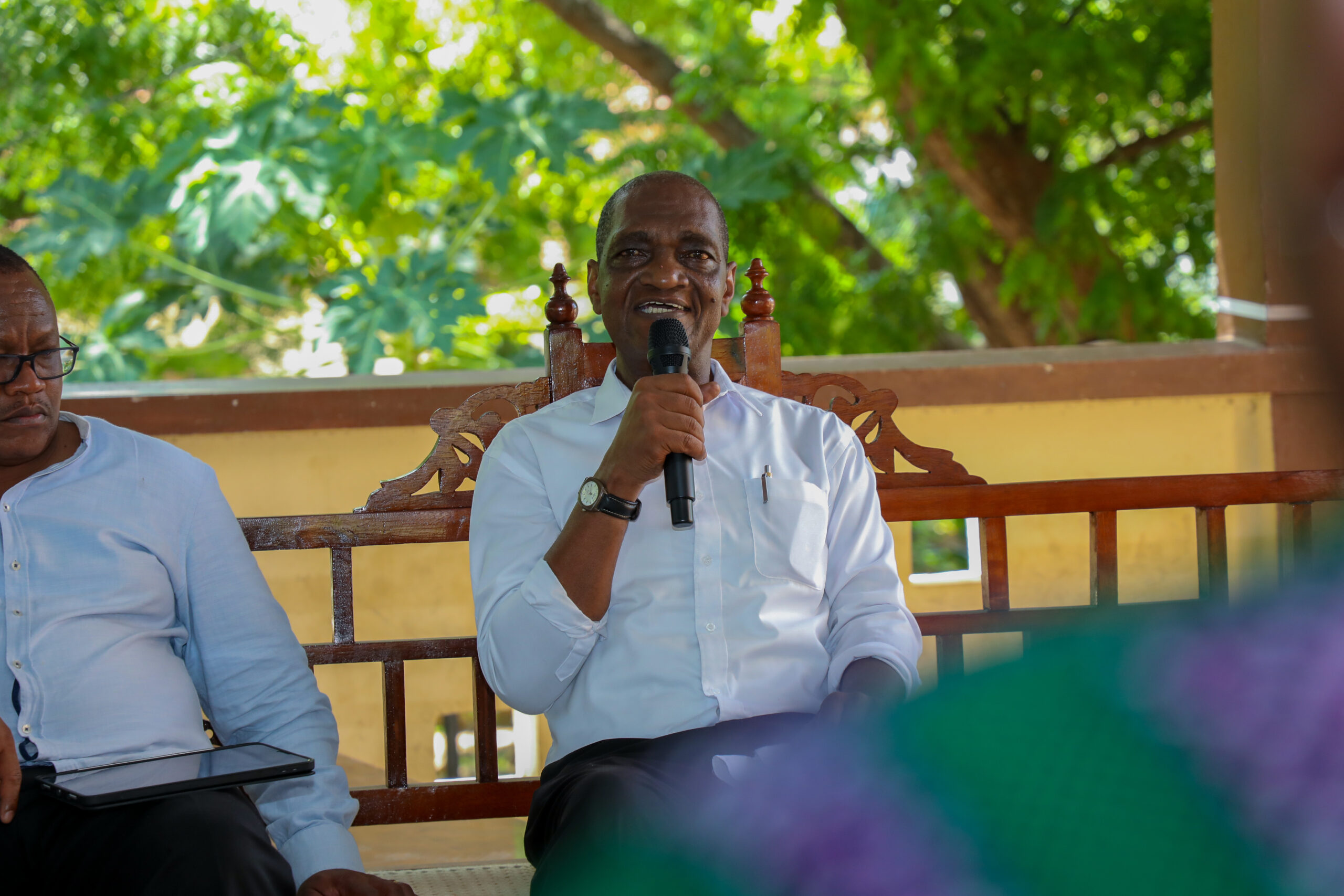
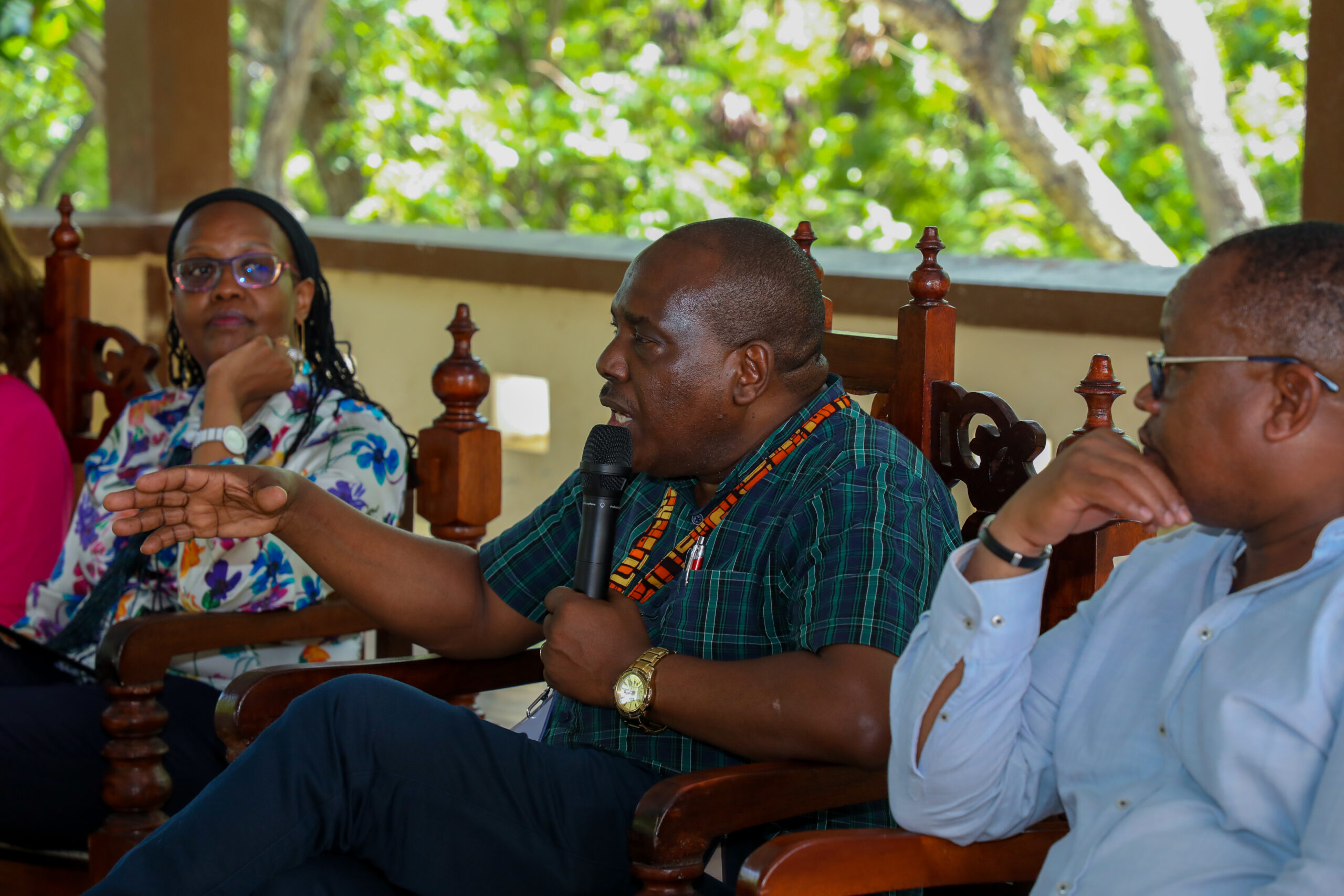
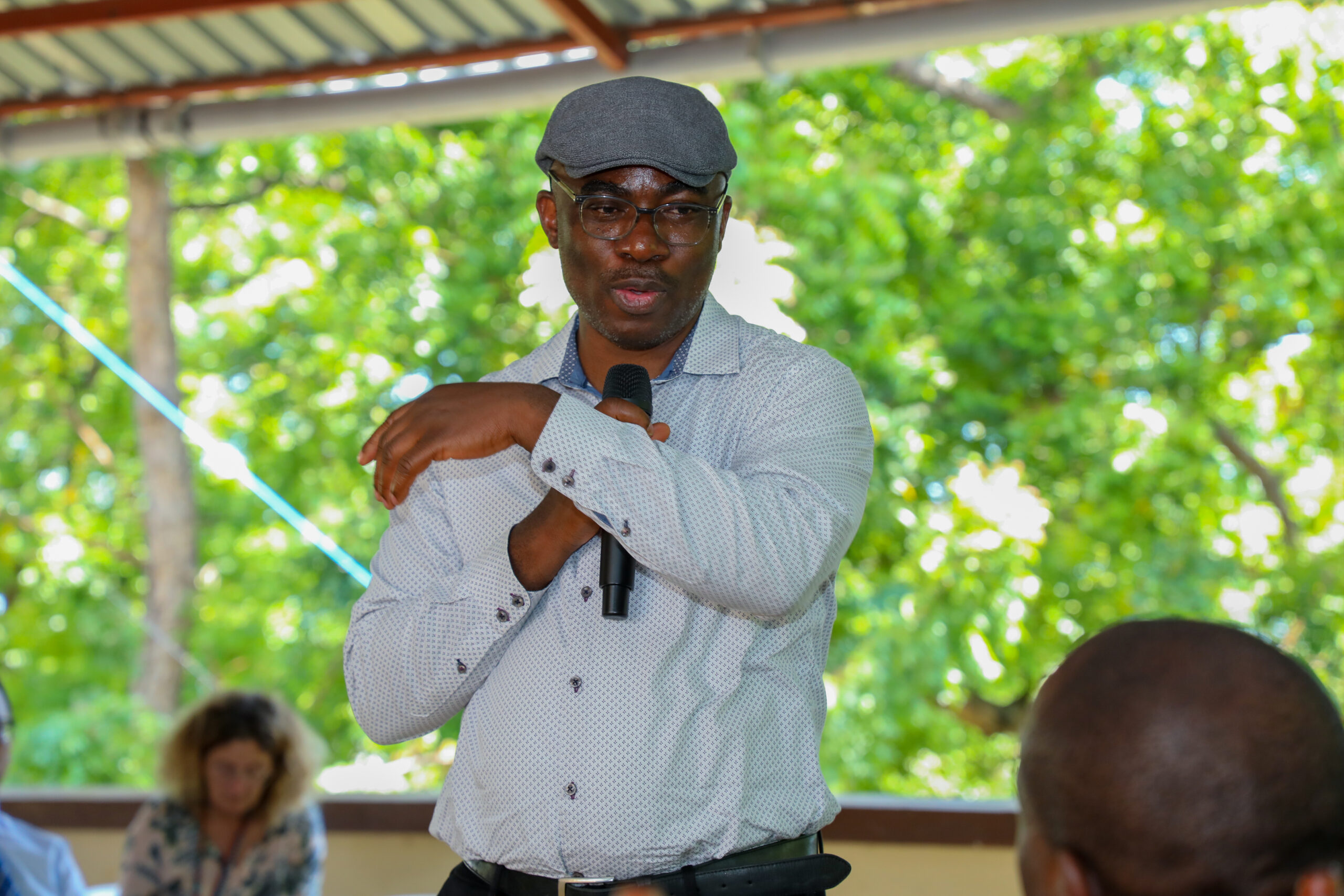
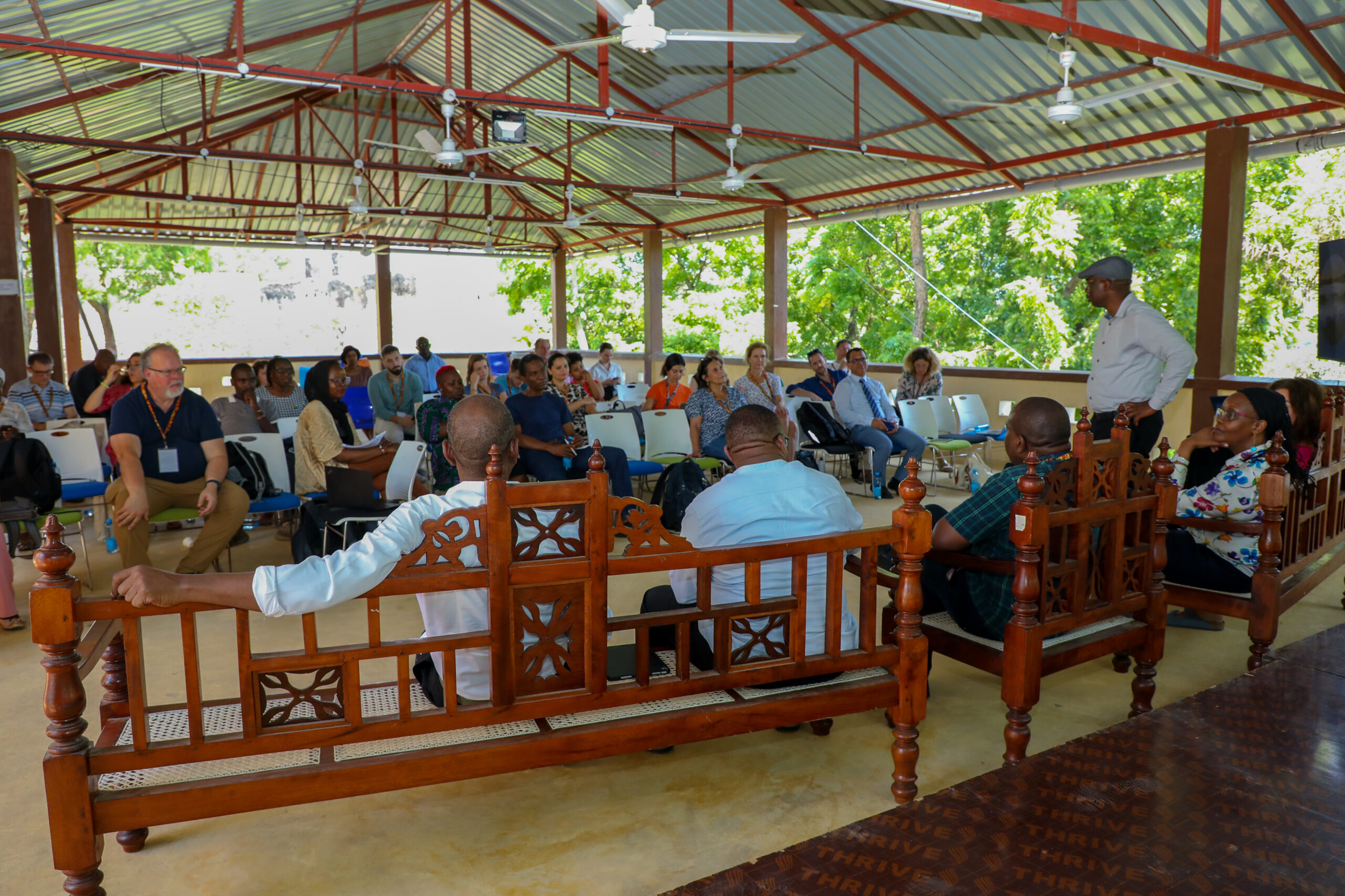
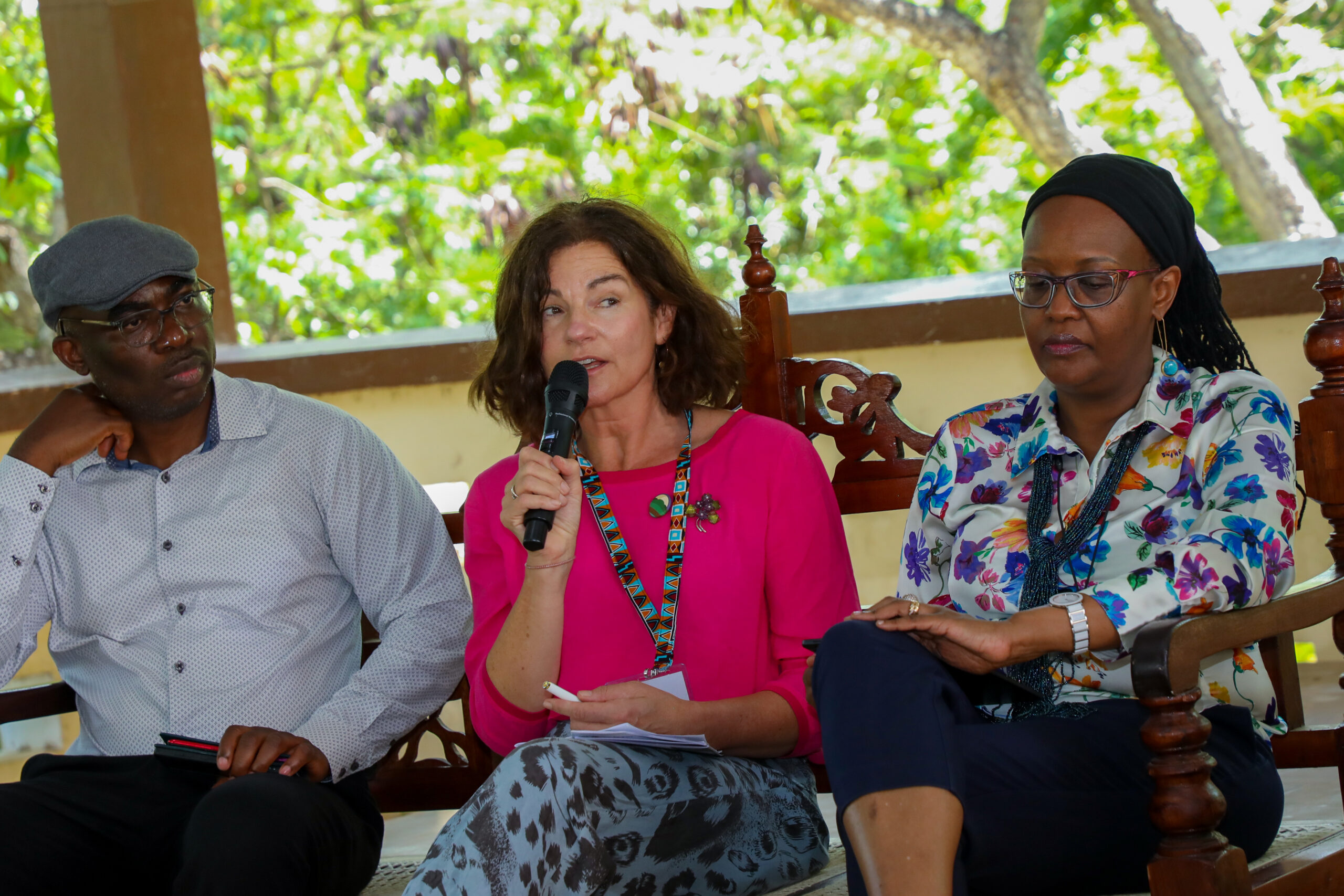
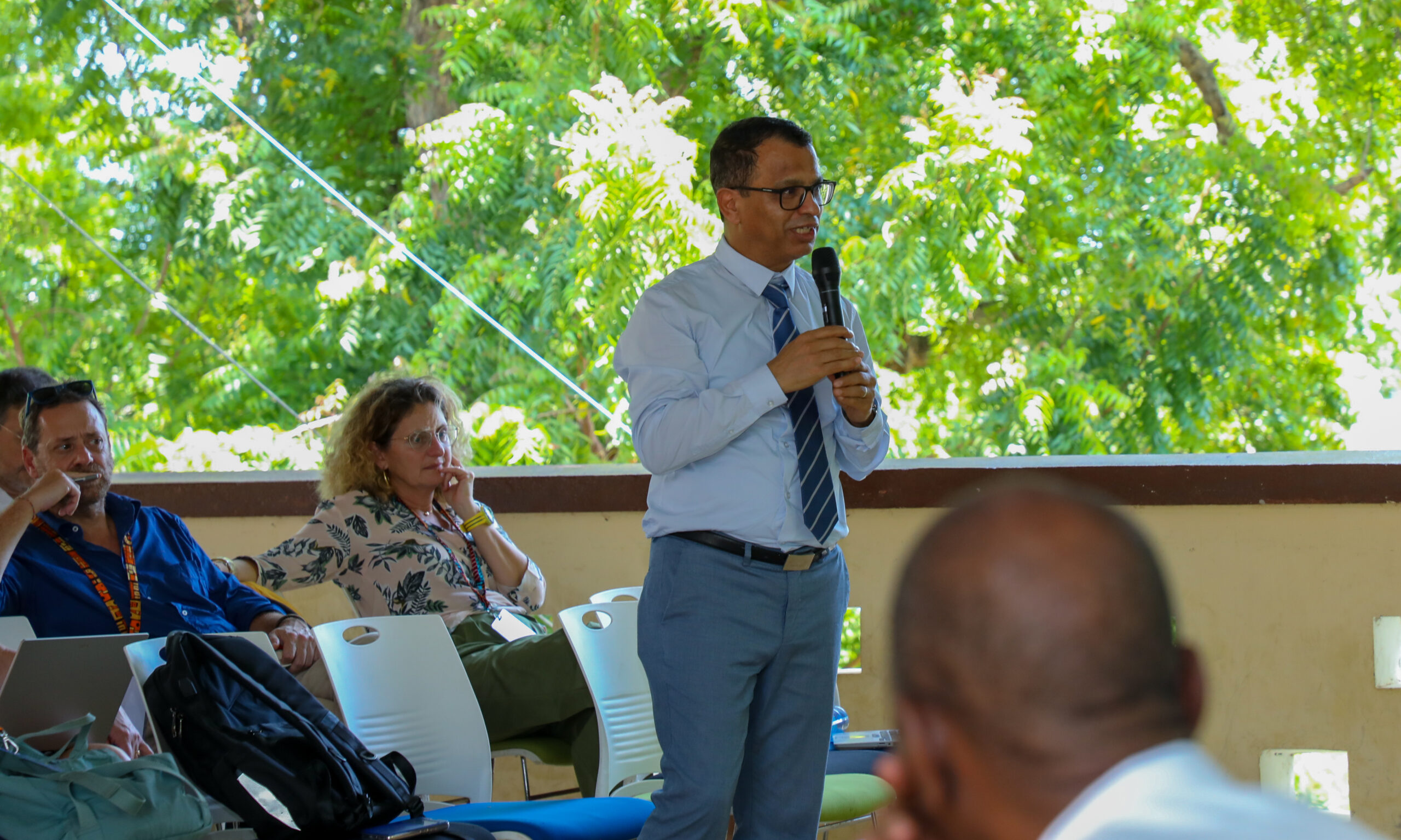
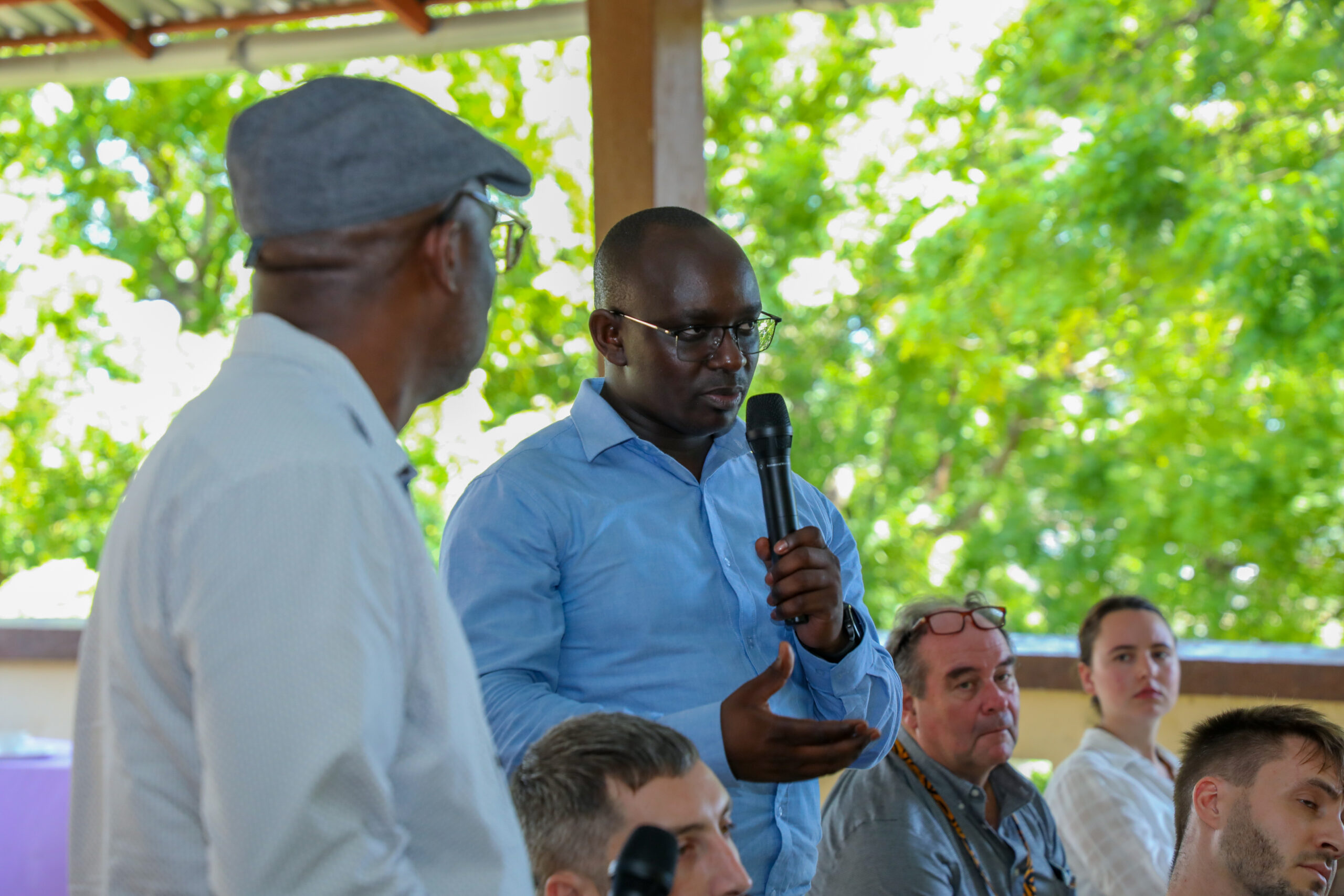
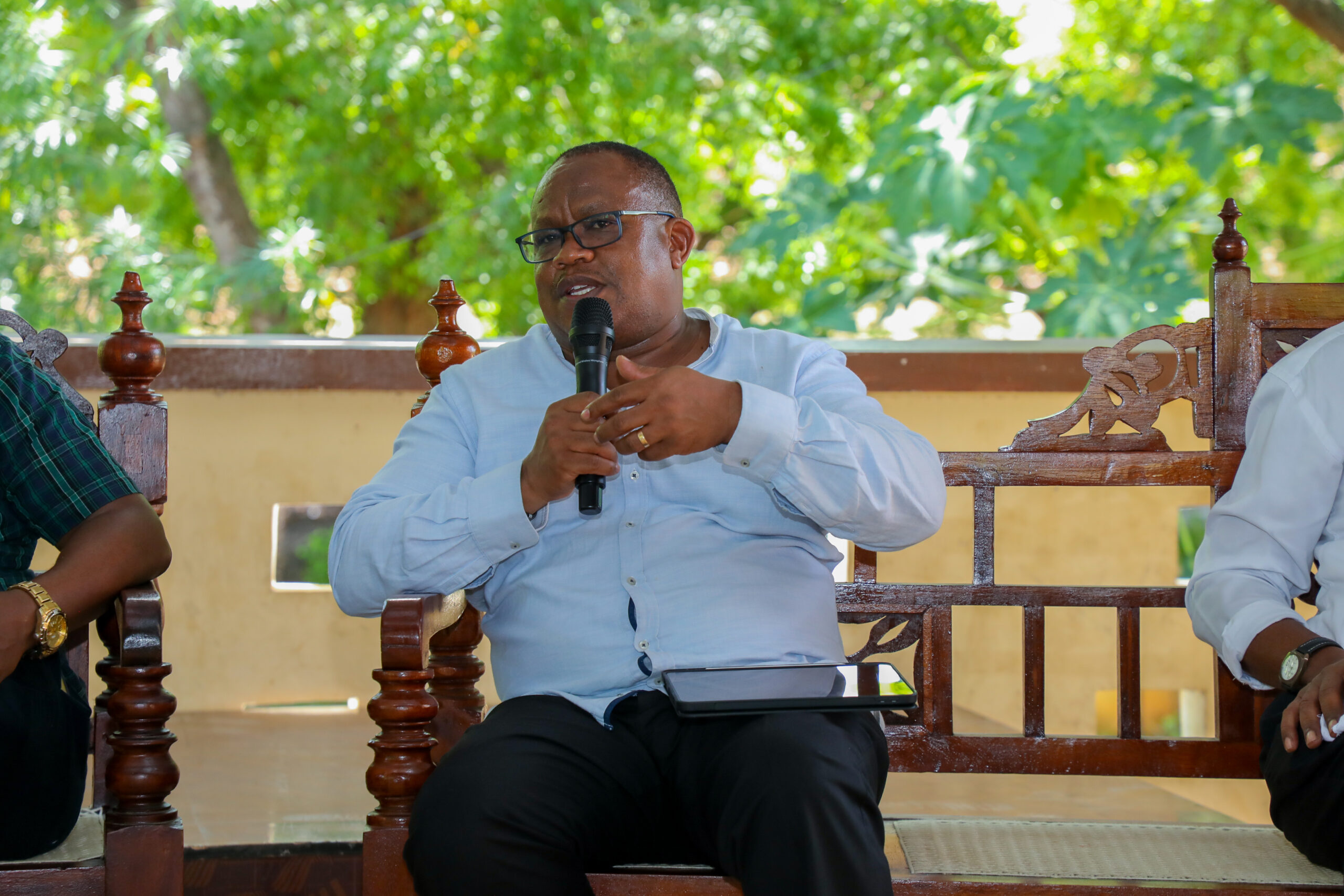
Climate-Induced Threats to Cultural Heritage: Bridging Knowledge and Action via Collaboration and Sharing Knowledge
Mombasa, Kenya
In November 2024, SD-WISHEES hosted a stakeholder consultation workshop in Mombasa, Kenya, as a side event to the Africa 24 conference. The workshop brought together nearly 50 participants from 15 countries across Africa and Europe. The workshop provided a platform for exchanging knowledge, experiences, and ideas on protecting cultural heritage from the growing threats posed by extreme hydroclimatic events.
The event featured two thematic sessions. The first explored how innovation pathways can support the adaptation and protection of cultural heritage. Speakers presented tools, methods, and mechanisms from regional projects and discussed ways to enhance the regulatory and societal adoption of research and innovation results. This session promoted dialogue about bridging the gap between science, policy, and practice and emphasized the importance of inclusive, community-informed approaches.
The second session identified strategic research and innovation priorities specific to the water-climate-cultural heritage nexus in Africa. A major gap identified was the lack of context-specific research and knowledge sharing. Africa’s unique cultural and environmental contexts remain underrepresented in global studies on cultural heritage preservation. Participants highlighted the absence of platforms that facilitate the exchange of lessons learned, innovative approaches, and best practices across regions.
The discussions also underlined the need for holistic approaches that go beyond technical solutions. Effective cultural heritage preservation must integrate environmental, social, and economic dimensions to ensure resilience and sustainability. These integrated strategies must consider the diverse realities and vulnerabilities of African heritage sites, which differ significantly from those in other parts of the world.
Awareness raising emerged as another critical area of focus. Participants noted that both community members and leadership must recognize the urgency of safeguarding cultural heritage against climate threats. Communities are often the first line of defense, and their active engagement is essential. Leadership, meanwhile, must prioritize these issues to allocate resources and guide policies effectively. Artists and creative professionals were identified as key players in fostering awareness and communication.
To support these efforts, capacity building and training were identified as urgent needs. There is a pressing demand for structured programs that can equip African researchers and practitioners with the skills required to tackle the unique challenges posed by hydroclimatic events. These programs should focus on fostering local expertise and leadership in the field of heritage conservation.
The workshop also highlighted the importance of technological solutions tailored to African contexts. Advances in technology, such as climate modeling and monitoring tools, offer significant potential to mitigate risks. However, access to these tools and the capacity to utilize them effectively remain limited in many parts of Africa.
The workshop also highlighted significant data deficiencies. Reliable and comprehensive data on climate impacts on cultural heritage is scarce, making it difficult to plan or act proactively. Predictive models that illustrate the potential consequences of inaction over the next 20-30 years could be powerful tools to stimulate support and drive investment in preservation efforts.
participants discussed the need for sustainable financial mechanisms. Conservation initiatives often suffer from a lack of funding, and reliance on external resources can undermine local ownership.
The Mombasa workshop contributed valuable input to the development of the SD-WISHEES roadmap. It brought forward diverse voices and highlighted region-specific challenges.

©2025 CNR, All Rights Reserved.
